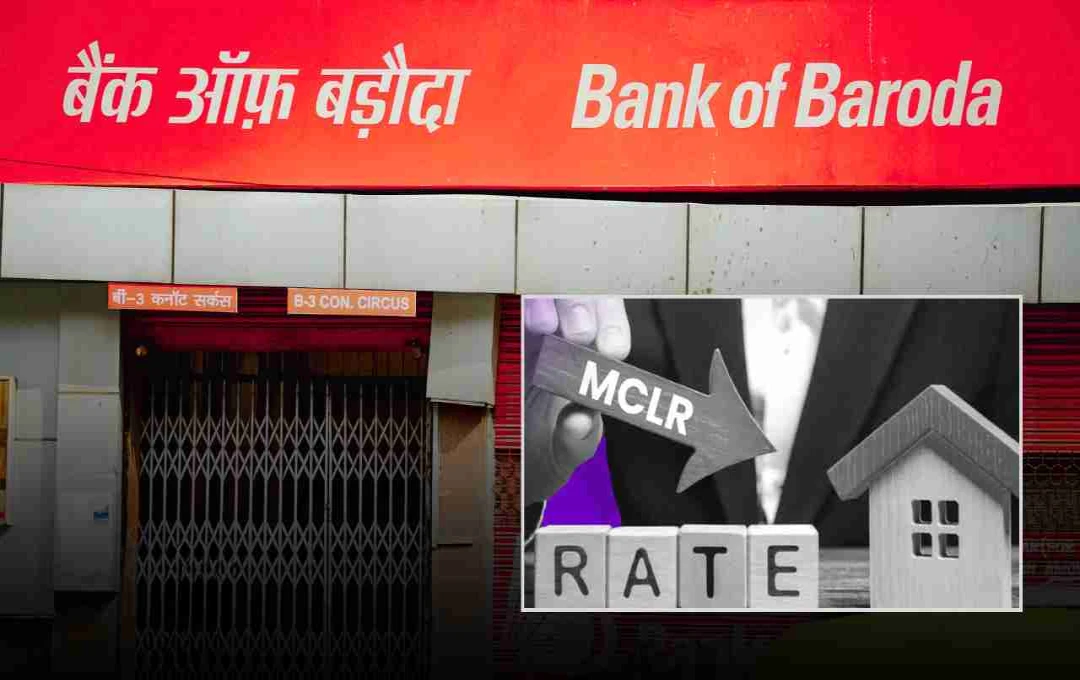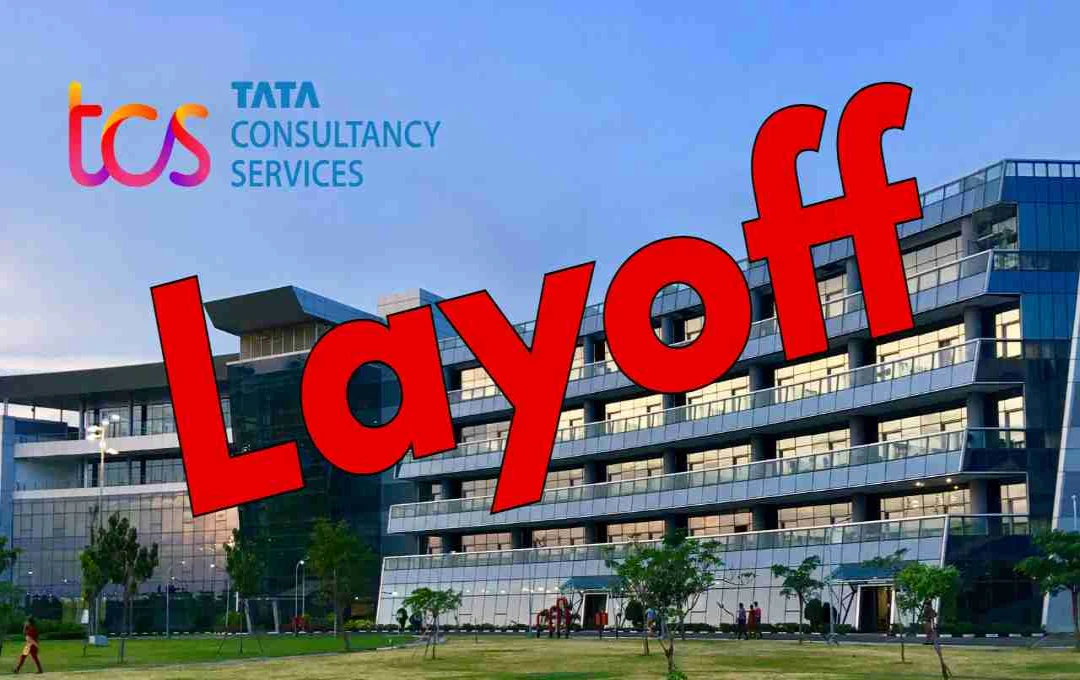Bank of Baroda (BoB) has once again provided a significant update for its customers. The bank has revised its MCLR, or Marginal Cost of Funds-based Lending Rate. This new change will be effective from July 12, 2025.
However, this time the change has been made only to the overnight MCLR, while the rates for all other tenures will remain the same. This could provide some relief to customers whose loans are linked to the overnight MCLR.
What is MCLR and why is it important?

MCLR is the interest rate at which banks lend to their customers. This rate is directly based on the bank's cost of funds. Banks update it from time to time, which leads to changes in the interest rate applied to loans.
The EMIs of customers who have taken MCLR-linked loans change in accordance with the changes in MCLR.
Bank of Baroda Changes Only Overnight MCLR Rates, Other Tenures Remain Unchanged
- Overnight: 8.15% → 8.10%
- One month: 8.30% → 8.30% (No change)
- Three months: 8.50% → 8.50% (No change)
- Six months: 8.75% → 8.75% (No change)
- One year: 8.90% → 8.90% (No change)
There have been no changes in the MCLR rates for all other tenures.
Changes were also made last month
Bank of Baroda had previously changed its MCLR rates on June 12, 2025. At that time, the bank had increased the rates for all tenures from one month to one year by 5 basis points.
The reduction in overnight rates in July, after the increase in June, suggests that the bank is balancing loan rates by considering market signals and the direction of the repo rate.
What will be the impact on EMI?

Although the change this time is only for the overnight MCLR, if there are cuts in other tenures in the future, customers with home loans, personal loans, and business loans may benefit.
For those who are paying MCLR-based loans, a decrease in MCLR means lower EMIs or a lower interest rate. However, this change applies to the customer's reset date, which is usually every three or six months.
What happens when the repo rate is lowered?
If the Reserve Bank reduces the repo rate, the bank's RLLR rates decrease. This results in:
- A reduction in the loan interest rate
- EMIs may decrease
- A reduction in the total interest amount
- The loan may be completed sooner
However, these benefits are available on the loan's reset date. The reset date is the time when the bank resets your interest rates.
What are the options for reducing EMI?
If customers want to reduce their EMI, they can reduce the EMI while keeping the loan tenure the same. Doing so reduces the burden of monthly installments, although the total interest amount may increase slightly.
Customers who want to reduce the number of EMIs should continue to make payments at the current EMI rate, so that the loan is completed sooner.















